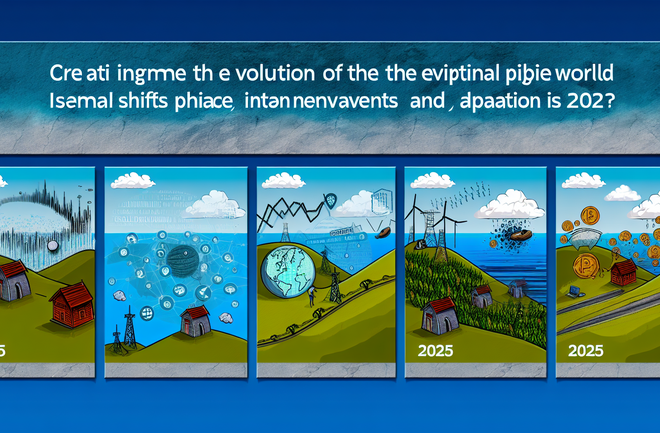
ServiceNow’s Innovative Approach: Streamlining AI Integration in Business
In a world overloaded with disparate digital tools and applications, ensuring coherence in business processes has become increasingly challenging. The latest initiative from ServiceNow, titled the Agentic Workforce Strategy, is poised to transform the chaotic landscape of autonomous agents and artificial intelligence in business environments. Its goal is straightforward yet ambitious: to simplify AI integration and leverage its potential to create seamless workflows within organizations.
At the heart of ServiceNow’s new strategy is the concept of orchestrating autonomous AI agents. These agents are designed to not only work tirelessly but also judiciously across various business processes. By aligning AI functionalities with organizational goals, companies can avoid the pitfalls that often accompany the management of isolated and disconnected applications. This strategy promises a much-needed reprieve for companies drowning in technological complexity.
ServiceNow’s approach is particularly significant given the expanding role of artificial intelligence in modern business. AI has the power to enhance efficiency, improve decision-making, and deliver personalized customer experiences. However, when deployed in a fragmented manner, it can lead to inefficiencies and confusion. The agentic workforce strategy aims to bridge these gaps, ensuring that AI tools work in harmony rather than in conflict.
Moreover, ServiceNow focuses on creating a user-friendly environment where AI agents can be easily managed and deployed. This setup reduces the burden on IT teams and empowers other departments to harness AI benefits, increasing overall productivity. The strategy relies on intuitive interfaces and streamlined processes, making it accessible even to those without deep technical expertise.
One of the key benefits of ServiceNow’s approach is that it allows for customization and flexibility. Businesses vary greatly in their operations, and a one-size-fits-all solution is often impractical. By enabling personalization of AI agents, companies can tailor the technology to meet their unique needs. Such adaptability is crucial in maintaining competitive advantage and resilience in an ever-evolving market.
Another aspect worth noting is the strategy’s focus on interconnectivity. With AI agents communicating and collaborating across platforms, organizations can achieve a level of integration that simplifies data sharing and process management. This integration is not just about connecting technology but also about fostering collaboration between teams, thus breaking down silos that have historically stunted growth.
In conclusion, ServiceNow’s Agentic Workforce Strategy represents a forward-thinking approach to AI integration in business. By addressing the core issue of disjointed applications, the strategy not only enhances operational efficiency but also positions companies to capitalize on the full potential of AI. This initiative is not just about managing technology but about transforming the way businesses operate and thrive in the digital age.




